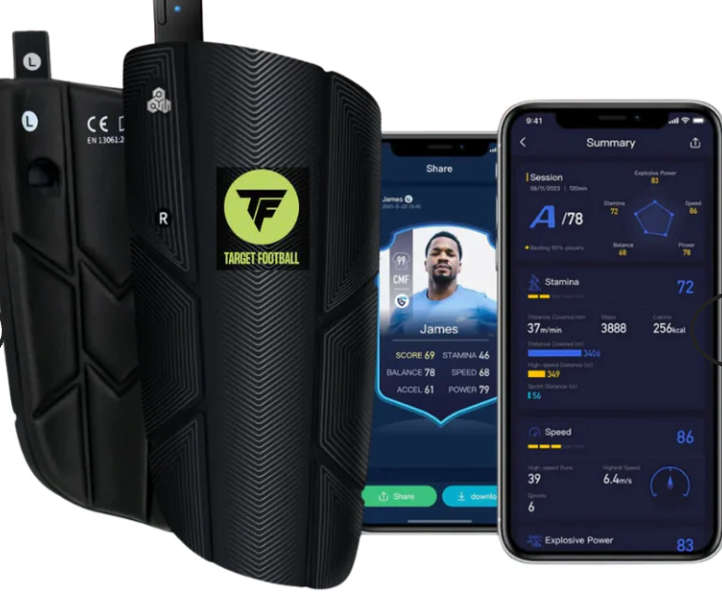Earn a Partial or Full Scholarship from a Professional Club in the UK or Europe
- Ian McClurg - MSc Performance Coaching

- May 13
- 3 min read
We are delighted to announce that two clubs that we work with are now offering full or partial scholarships to international players.
Football scholarships at professional clubs in the UK and Europe typically serve as development pathways for young players (usually between ages 16–18) who have shown potential to progress toward professional contracts.
Scholarships provide players in the UK and Europe with significant advantages over North American players as they provide youth players with an opportunity to train like a full-time professional, plus compete their education.
North American soccer players (especially in the U.S. and Canada) do not train as intensively or as early as players in European or UK professional academies. Here’s a breakdown of the main differences:
🔁 Training Time & Frequency
Region | Typical Training Schedule | Weekly Hours (Approx) |
UK/Europe (Pro Academies) | 5–6 days/week, double sessions, tactical + physical | 15–20+ hours |
North America (Club/High School) | 3–4 days/week, mostly evenings/weekends | 5–8 hours |
In Europe/UK, football academies are full-time from age 12–16 and intensify during the scholarship phase (16–18), often matching the volume of a professional team.
In North America, players usually train with club teams, school teams, or in MLS Next academies — the top tier of development. But even there, training volumes are often lower due to:
Education system dominance (school before sport)
Geographical constraints
Multi-sport culture
Fewer clubs with professional-level infrastructure
Here's how scholarships in the UK and Europe generally work:
🇬🇧 United Kingdom: Football Scholarships (Academy Scholarships)
In the UK, particularly in England, most professional clubs run academies under the Elite Player Performance Plan (EPPP) system. At age 16, promising players are often offered a two-year scholarship (called an Apprenticeship or Scholarship Agreement).
Key Features:
Duration: 2 years (ages 16–18)
Training & Education: Full-time training with the club, combined with education (usually a BTEC in Sport or similar qualifications, sometimes A-levels).
Living Arrangements: Players may live at home or in club-provided accommodation if they are from farther away.
Stipend: Players receive a modest weekly wage (e.g., £100–£150/week), plus expenses.
Objective: To develop players to the level of offering them a professional contract at 18.
Release Risk: Many players are released at 18 if not deemed good enough to turn pro.
🇪🇺 Europe: Varies by Country and Club
Europe has a more diverse approach depending on the country and club structure. Many top clubs have youth academies that function similarly to the UK, but with local variations.
Common Features:
Academy Systems: Clubs like Ajax, Barcelona (La Masia), Bayern Munich, etc., have world-renowned academies.
Age Entry: Some clubs recruit as young as age 6–8 and intensify training around age 12–16.
Scholarships: May include free education, housing, meals, and training, but financial compensation varies.
Education Requirements: Players are usually expected to continue schooling until age 18, often at partner schools or through club-run education programs.
Pro Contracts: Players can often sign pro contracts at 16 in many EU countries (minimum wage rules apply).
Differences Between UK and Europe
Feature | UK | Europe |
Contract type at 16 | Scholarship/Apprenticeship | Youth contract or Pro contract in some cases |
Education required | Yes (e.g., BTEC, GCSEs) | Usually yes, but varies |
Stipend | Low (standardized by EFL/FA) | Varies by club and country |
Pro Contract Age | Usually at 17–18 | Sometimes at 16 |
Summary
Football scholarships are essentially pre-professional agreements to help clubs nurture talent. Players get elite training, education, and sometimes housing, while the club evaluates their long-term potential. At the end of the scholarship period, the club decides whether to offer a professional contract or release the player.


